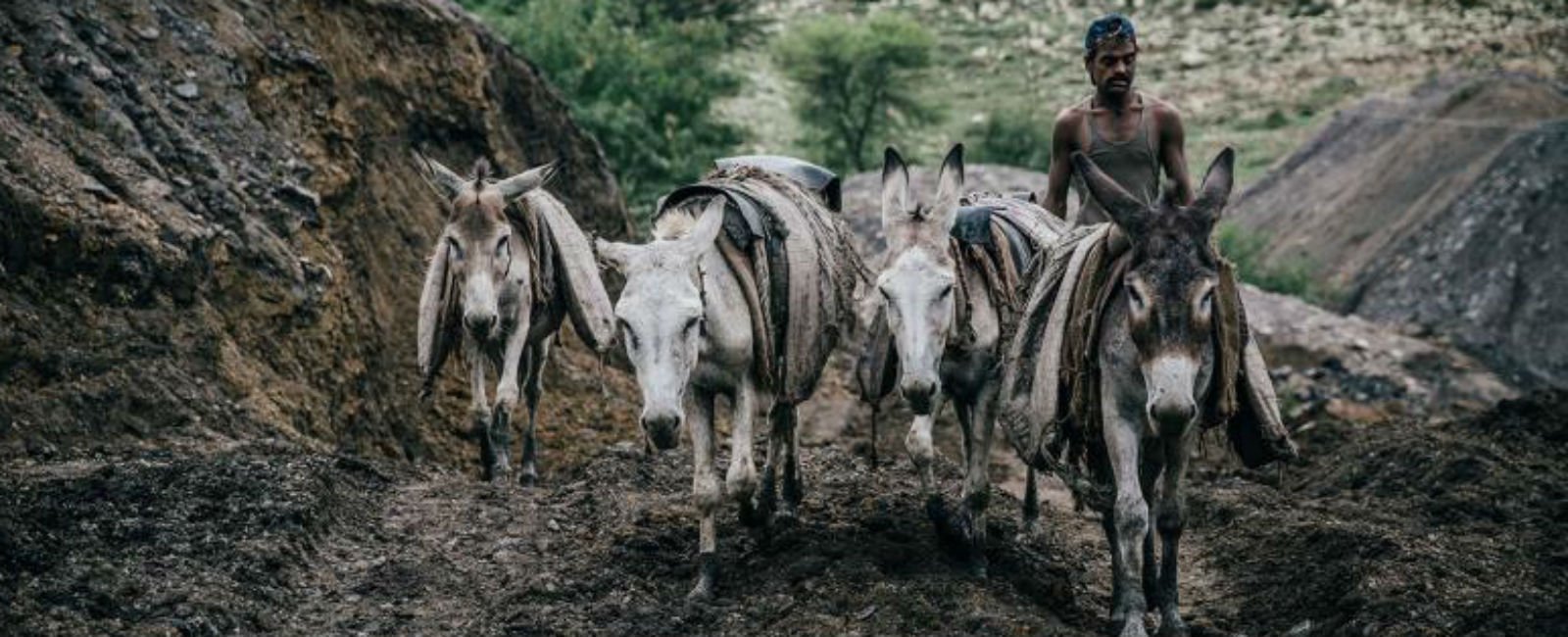Pakistan’s iron equines’ bray falls on deaf ears

On a blistering afternoon, a feeble Kallu stands on the side of Karachi’s McNeil Road, near Cantt station. She wears an uncomfortable breastband harness attaching her to a kiosk carrying watermelons, which weigh approximately 90 kilogrammes.
The jennet, who is stationed at the location for almost 10 hours daily, pulls the kiosk at least 10km routinely, all the way from Chakragoth to McNeil Road.
“Kallu is my most prized possession,” shared her owner, 17-year-old fruit vendor Muhammad Farhan. “We had bought her from a donkey fair three years ago for Rs17,000,” he remarked.
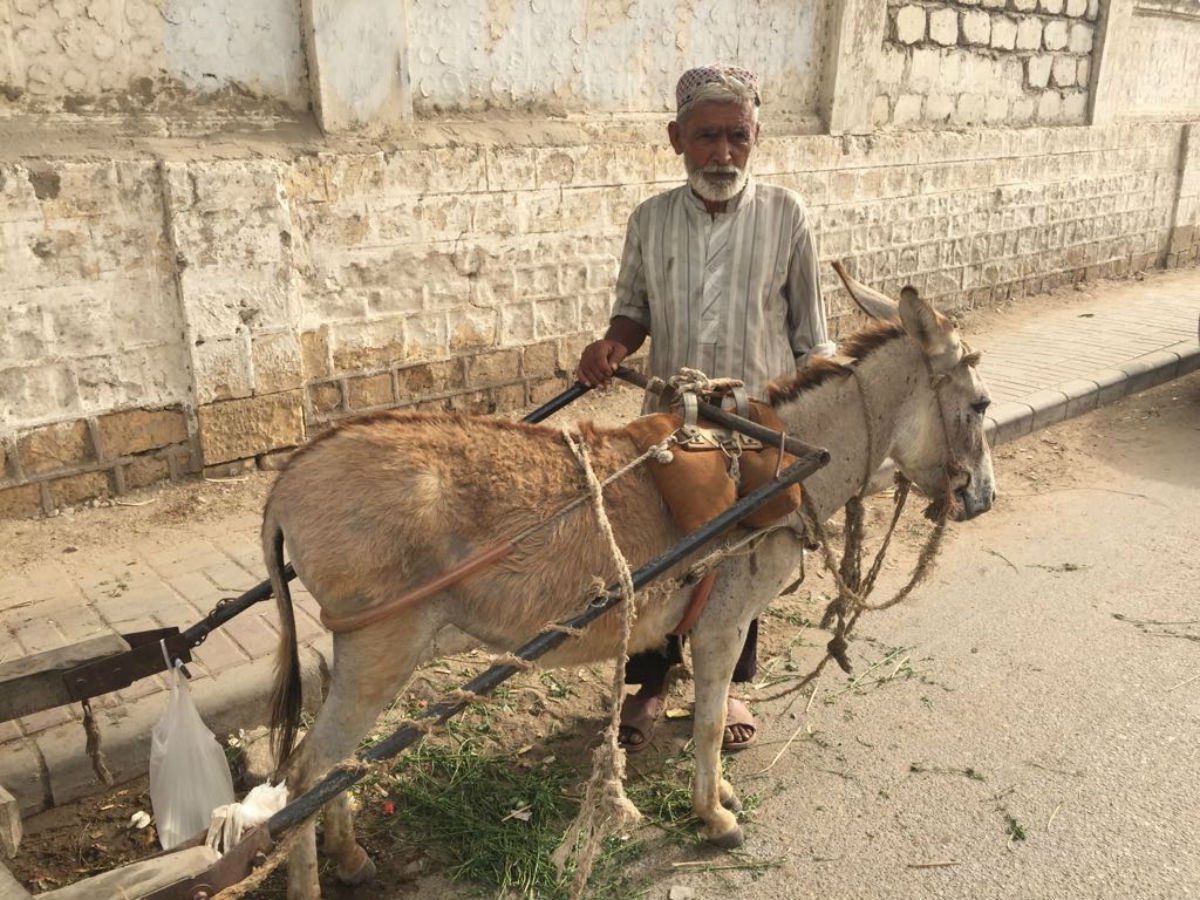
Several bruise marks are visible on her body yet she continues to suffer in silence. The story of Kallu is similar to millions of other working donkeys in Pakistan. Despite their constant service to man, their bray for help continues to be neglected by the majority.
“The equine sector is the poorest of the poor in Pakistan,” remarked Ahmed Umer Chaudhry, who works as fundraising and communications manager for The Brooke Pakistan, a non-government organisation working for the welfare of equines across the country.
The story is unfortunate as Pakistan is among the countries with the highest population of donkeys. The Pakistan Economic Survey 2017-18 revealed that that the number of donkeys in the country has increased by 100,000 to 5.3 million.
Muted response to pain
People from underprivileged backgrounds usually depend on donkeys as the main source of transport. They are used to pull carts carrying fuel, gravel, sand, mud, manure, grains and vegetables.
Their services are frequently utilised in coal mines and brick kilns across the country as well.
“The conditions of donkeys working in coal mines are alarming. The burros work long hours, carry heavy loads, suffer from dehydration, poor nutrition, and skin injuries,” said Chaudhry, adding that the harsh environment leads to their alienation.
The strength of the donkeys lies in their ability to survive harsh conditions.
According to a study conducted by researcher Ethipio in 1998, donkeys are able to derive sustenance from lack of quality food and can beat considerable heat and thirst.
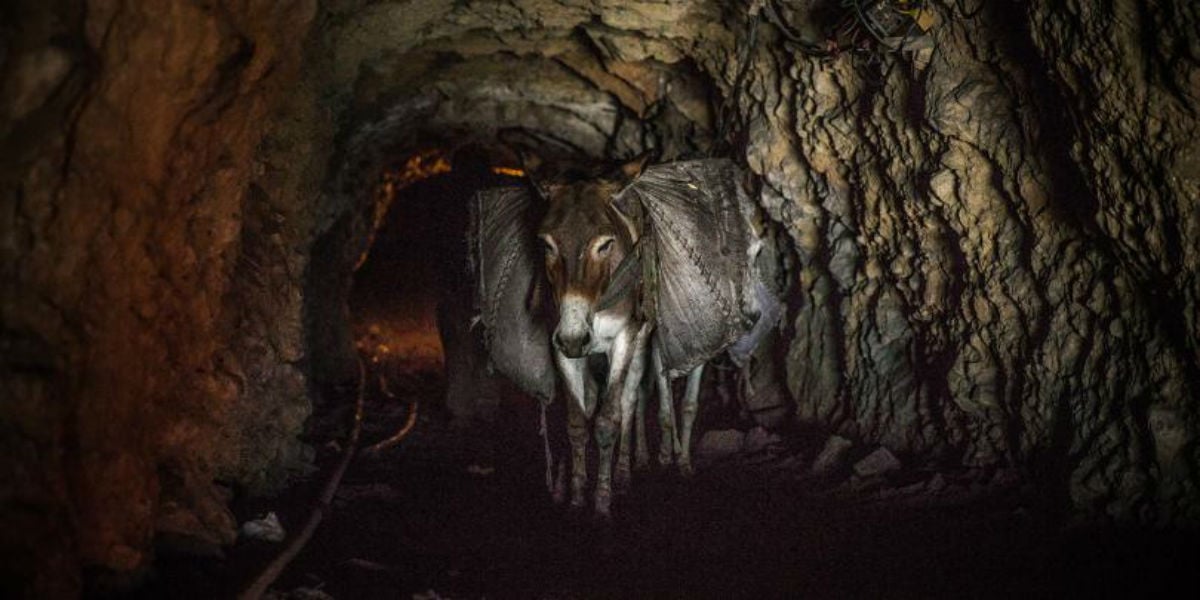
Their ideal diet comprises 1kg legume, 4kg straw, and 0.5kg cereal bran, as per Ethipio, however due to widespread poverty, the burros remain malnourished.
Farhan shared that he feeds his donkey grass worth Rs100 in the afternoon and barley worth Rs200 at night, making the equus underfed and overworked.
Despite all of this, donkeys continue to suffer in silence as they have a muted response to pain as compared to other equines, notes R Inglis in Professional Handbook of the Donkey (1997).
Common injuries
A 2015 study by Regan et al revealed that about 98% male working donkeys in Lahore suffered from lameness and restricted range of movement in the forelimb.
Other common injuries among donkeys include sole defects and swollen joints due to continuous walking, and saddle sores as harnesses worn by most equines are poorly designed and ill-fitted.
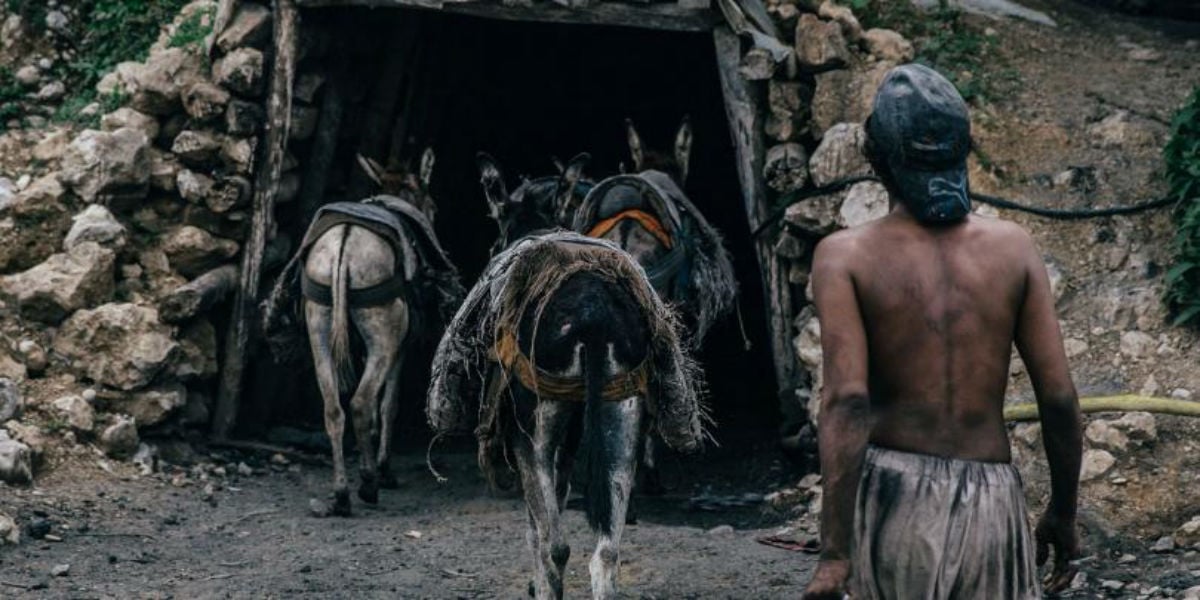
Moreover, most donkeys are ill-treated by their owners and live in deplorable conditions due to which they exposed to prolonged diseases.
To make matters worse, only a few hospitals catering to animals are present in the country.
Chaudhry shared that when Brooke Pakistan started its operation the government veterinary hospitals were ‘dormant’ and the vets lacked training especially when it came to treating equines.
Even though the situation has slightly improved but still, many owners of burros seek treatment from local doctors. “Whenever Kallu isn’t feeling well, we take her a godown in our area. The doctor there gives her an injection and she recovers,” said Farhan.
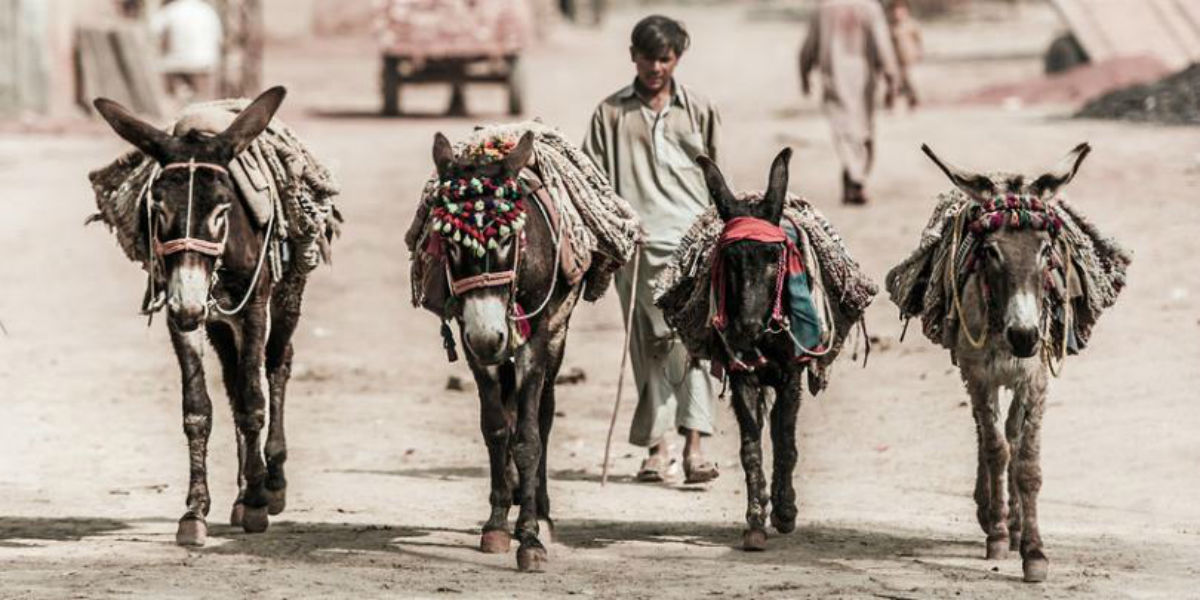
Trash pickers
Sharing the findings of a new research, Chaudhry shared that donkeys play the special role of trash pickers in Karachi.
“About 60% of garbage is carried outside the city on donkey carts,” he remarked, adding that the research will be published soon.
“If you travel to Super Highway at 6am or 4pm you will see an influx of donkeys carrying trash outside the city,” he said. “Along with other roles, donkeys play an integral role in waste management in the city.”



